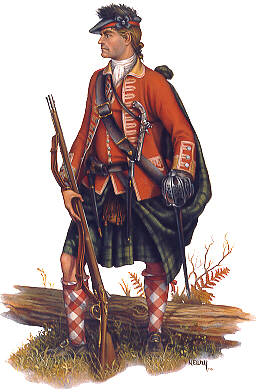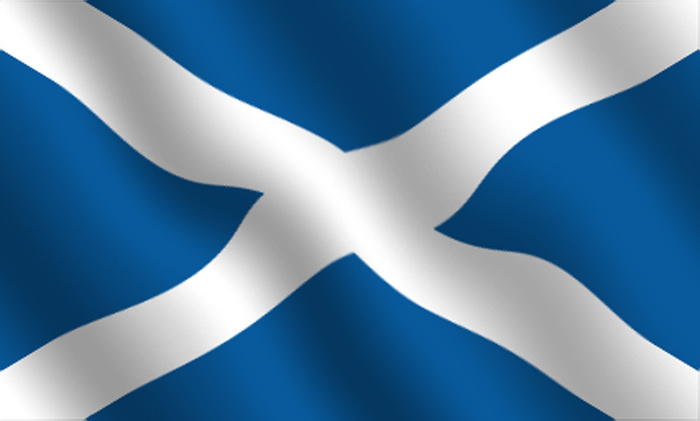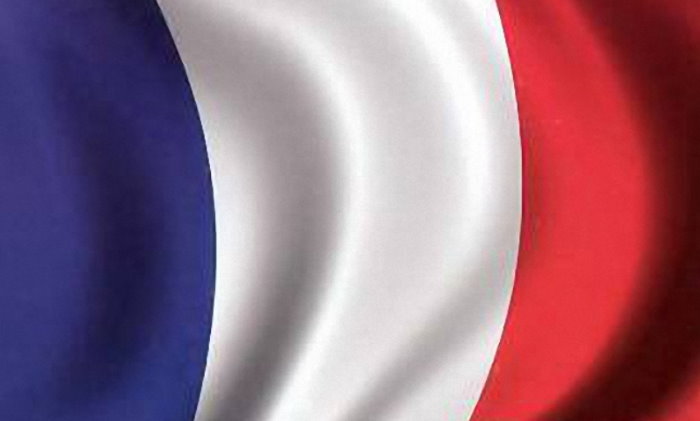The Black Bear is native to North America. We surmise that the tune might have been a common Sailors’ Hornpipe (dance music) that was based on or named after a dancing Bear that formed part of traveling entertainment troupes common at one time around Britain and some other European countries some hundred or so years ago.
The Black Bear is reputedly the fastest regimental march in the UK army. This old, very popular, tune is traditionally played as a marching off parade tune by every Scottish regiment returning to their barracks after a route march or a day’s manoeuvres. This is the one occasion when they are not expected to march in step. The tune is played fast and the soldiers march along even faster as they head for home.
It is one of the most recognizable pipe songs in the world and the idea of the massed pipes and drums marching off to anything else would be unthinkable.
|
Origin of the name. There is some debate on the meaning of the title of this tune. An early manuscript (1866) of the tune has the title written as 'The Black Baird'. There is a Scottish surname ‘Baird’ which comes from the Gaelic ‘bard’ (a genealogist poet) but others have translated this as the Scots for 'beard' as it appears in some old Scot and Lallans (*) dictionaries. They believe it may be a reference to the black beard (white ones were dyed in black) worn by some Indian tribesmen fighting against Scottish regiments or possibly to the beard-like appearance of the dirty faces (being black from dirt or more likely, gun powder smoke, in those days of black powder) of Scottish soldiers when returning to their barracks after some days’ manoeuvres. Others have suggested that the soldiers would be bearded themselves, especially during the Victorian era, when full beards were not only tolerated, but encouraged in many Highland regiments -- some (like the Camerons) even paid a small stipend for those who grew a beard. |

|

|
Others have suggested the "black bear" refers to the bearskin busby used by some British Army regiments
for ceremonial guard duty, but that is only worn by Guards and Grenadier units.
The tall dress bonnet worn by the Highland regiment was (and is) made of black ostrich-feathers, not bear-skin. However, the Black Watch in the French and Indian Wars (Seven Years War) wore a bearskin strip on their bonnets as both a battle honour and badge of service in North America (see photo of a BW soldier in period uniform by war artist D. J. Neary). It has always been the understanding of some of the older generation of pipers that the name originated from the practice of wearing the bearskin strip during this period of service in North America. |
However there is another possibility. The Scots word for barley is "bere" and, in 18th and 19th century documents, it is usually spelt thus, but sometimes "bear" (pronounced "beer"). An old popular variety of this grain had black beads on the heads and was known as "the black bere". There seems little doubt that the word "beer", meaning ale, comes from "bere" meaning barley. Perhaps, therefore, the tune should be called "The Black Beer".
Origin of the yell.
It used to be customary, in some regiments, for the pipers to play this tune
when entering the barracks after a route march or a day’s manoeuvres.
At a certain point, the whole battalion gave a great roar,
possibly in anticipation of foaming pints in the mess!
For others the great roar in The Black Bear, is to mask the "Dreaded Measure"
in that tune (1st line - fourth bar) often misplayed by pipers.
But, what is it they yell?
It is said that the drummers yell sounds like some inarticulate battlecry like "hoora".
It was also told, in the 51st Highland Division, that during the Great War,
the drummers could hear shells when the pipers couldn’t and they had to yell to warn them.
It’s just an inarticulate scream. Sort of an "Aaawwooooh!".
The audience just say "hoy" or “Ahoy” or “Oye” but when the yell sounds like "ye-yuck"
it is supposed to be a warning to the dirty soldiers returning to their barracks to look sharp
and presentable before to meet attractive Highland women.
Nowadays to most fans of the pipes, this somewhat unintelligible "Aaawwooooh!"
is a perfectly suitable holler to signal the end of the working day and permission to head directly to the pub.
The Cameronian Regiment.
| The Black Bear quick march, in particular, has historic significance as it is associated with the Cameronian Regiment, which was formed by Covenanters in 1689. Richard Cameron, a Covenanting schoolteacher who advocated a particular type of protestanism in Southern Scotland, rallied a few men round him and declared war on the king. He was killed and ever since, this famous Rifle Regiment wears black buttons in memory of his death. The survivors called themselves Cameronians, a fierce and grim-faced group which, in time, is turned into a loyal Protestant regiment, fighting on God’s side in a holy war. The British authorities decided to use it in their fight against the Roman Catholic Highlanders. The regiment first fought in 1689, when 1200 recruits broke a 5000 Jacobite veteran force, thus earning a reputation for fiercenes. |

|
Dday movie
In the movie “The Longest Day” - 1962, starring John Wayne, Robert Mitchum and Henry Fonda -
Bill Millin (Lord Lovat’s piper) role was played by Leslie DeLaspee,
the Pipe Major to the London Scottish Territorial Army Pipe band.
After Lord Lovat and Bourvil meeting, the Lord asks “Blue Bonnets” to his piper but “Black Bear” is played!
There is also an audio/visual unsynchronization: when Lovats commandos land,
the piper is playing "Black Bear"; however, when we see the piper he is still trying to inflate
the bagpipe using one hand.

Now when the pipes are ringing and the kilts are swinging And your heart is singing as you gaily march along. You can hear the story that is brave and roary In the tunes of glory of an old Scots song. If you’re standing near them and you ever hear them You will want to cheer them as you feel the glory there Because the rhythm fills you and the drum beat wills you And the music thrills you of the old BLACK Bear Brave are the orders we carry before us Brave are the hearts that will lift in the chorus Hear them playing, hear them saying That’s the story in the tunes of glory |

Lorsque les cornemuses rugissent et les kilts valsent Vous marchez joyeusement et votre cœur chante. Vous êtes heureux d’être ensemble Pour partager, en musique, l’histoire des courageux Écossais. Si vous restez près d’eux et les écoutez Vous ressentirez la gloire vous envahir Au rythme des cornemuses et des tambours Jouant la traditionnelle mélodie de Black Bear. Ce refrain porte haut le coeur des braves. Ecoutez-les jouer, écoutez-les chanter Cette mélodie, hymne à la gloire. |
|
The longuest day
|
Andy Stewart - Tunes of Glory
|
|
Quebec City Military Tattoo 2007
|

